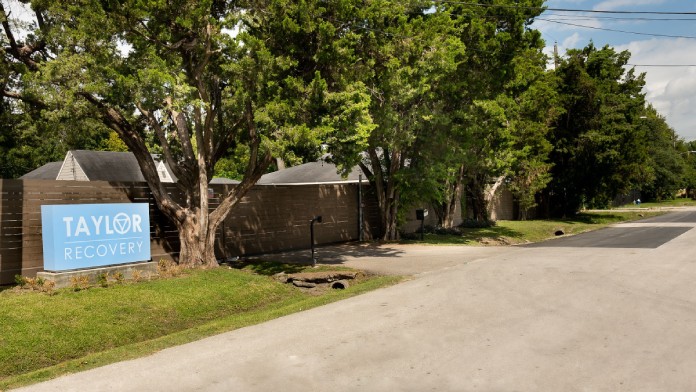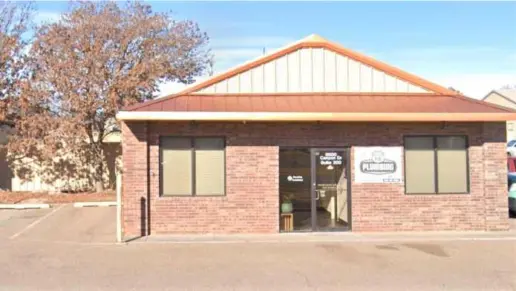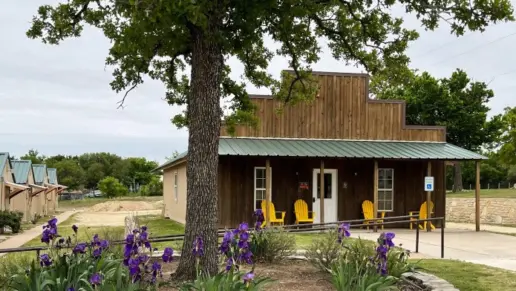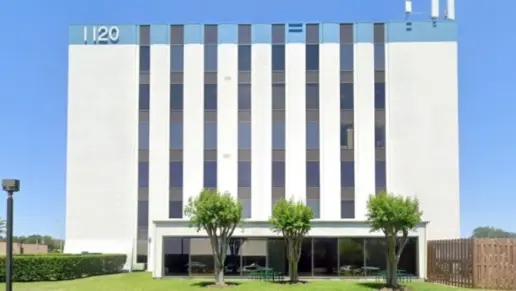About Taylor Recovery Sober Living Center
Taylor Recovery Sober Living Center is located in the heart of Houston, Texas. This is a sober living facility that provides compassionate care to men and women who need support for their drug, alcohol, or substance use disorder. This location offers both short and long term recovery housing that will equip you with the skills you need for success. They accept policies from most major insurance providers. speak with your provider because out of network benefits May apply.
This facility provides a comfortable and safe place to navigate life during and after recovery. When you seek treatment here, you’ll meet with a multidisciplinary team of professionals who will create an individualized treatment plan to meet your needs. There are gender separated programs here.
You’ll be supported by a host of evidence based therapies here. Cognitive behavioral therapies are applied through individual and group counseling sessions. You’ll also be immersed into the 12-step recovery model. This allows you to build a community of support from peers and mentors that you can lean on. Family counseling support is also available. This will help your loved ones learn how to best support you.
Amenities offered here include semi-private rooms and a pet friendly atmosphere. You’ll also have transportation available to take you to counseling and therapy sessions or any meetings that are required of your treatment plan.
Holistic approaches to recovery are also offered here. There are weekly outings offered which will allow you to build healthy habits for a sober lifestyle.
Latest Reviews
Rehab Score
Gallery

Location
Accepted Insurance


Other Forms of Payment
Private insurance refers to any kind of healthcare coverage that isn't from the state or federal government. This includes individual and family plans offered by an employer or purchased from the Insurance Marketplace. Every plan will have different requirements and out of pocket costs so be sure to get the full details before you start treatment.
Self-pay involves paying for treatment out of your own pocket. You can use savings or credit, get a personal loan, or receive help from family and friends to fund your treatment. If you don't have insurance or your insurance plan doesn't cover a specific program, self-pay can help ensure you still get the care you need.
Addiction Treatments
Levels of Care
Clinical Services
The goal of cognitive behavioral therapy (CBT) in Texas is to change thought patterns, which leads to changes in behavior. Specific techniques during CBT can include self talk, SMART goals, journaling, and positive activities.
Treatment that takes a dialectical behavior therapy approach focuses on four strategies. Distress tolerance will help you accept and tolerate intense emotions. Emotional regulation will teach you to manage those emotions. Mindfulness will keep you in the present moment instead of regret or worry. Interpersonal effectiveness will teach you to manage your relationships.
Peer support is an important aspect of group therapy sessions for drug and alcohol addiction. As you and your peers share stories and encourage each other, it fosters a sense of community and belonging that helps you process your feelings and reduces the sense of isolation that is associated with addiction.
Together with an experienced trauma therapist, you work on healing emotional wounds from traumatic experiences within a trauma therapy environment. Your therapist will help you process the experience of the trauma, which promotes emotional healing and improves your overall mental health.
The right life skills training will help you build the skills you need for recovery. You'll learn how to solve problems, improve your social life, enhance your mental health, and make good decisions. This is a key component of drug rehab programs in Texas.
Amenities
-
Walking Trails
-
Yoga Studio
Accreditations

LegitScript has reviewed Taylor Recovery Sober Living Center as part of their certification program, and has determined that it meets the LegitScript standards for legality, safety and transparency.
LegitScript verified in

The Joint Commission, formerly known as JCAHO, is a nonprofit organization that accredits rehab organizations and programs. Founded in 1951, the Joint Commision's mission is to improve the quality of patient care and demonstrating the quality of patient care.
Joint Commission Accreditation: Yes
Contact Information
5711 Lavender St
Houston, TX 77026








